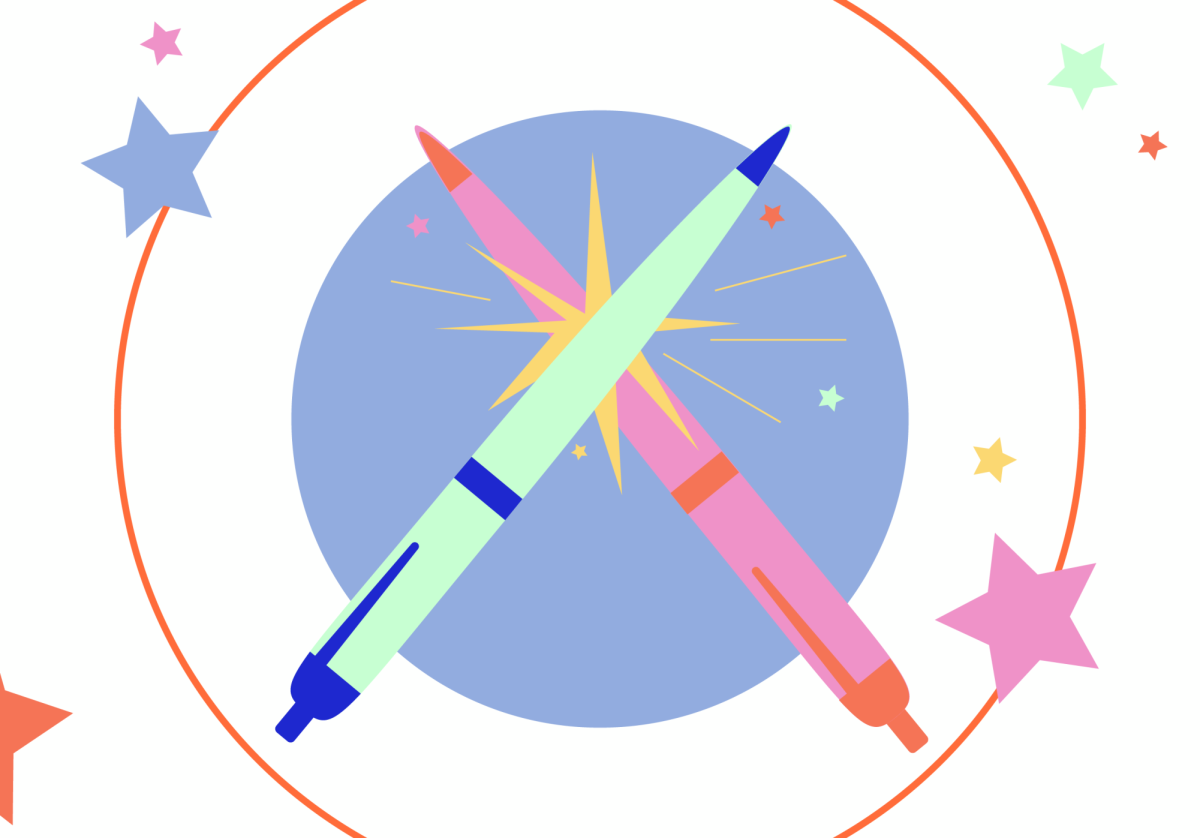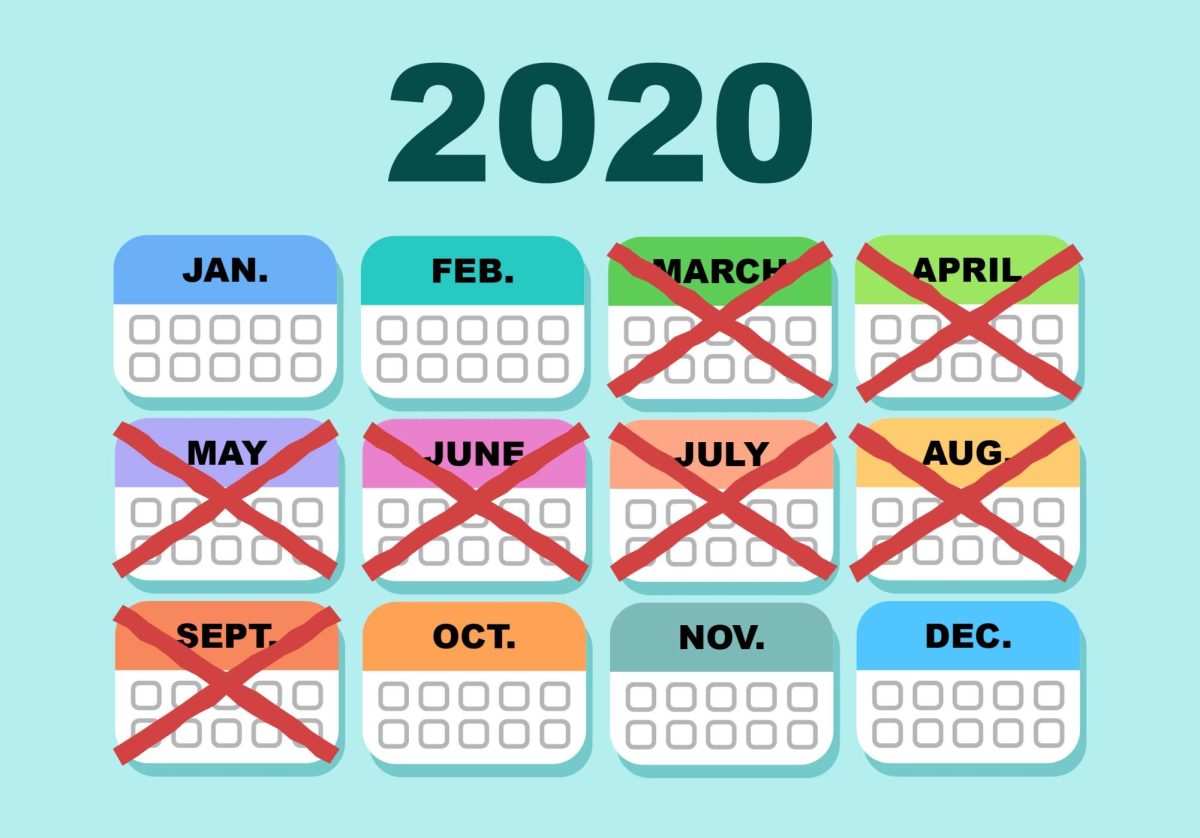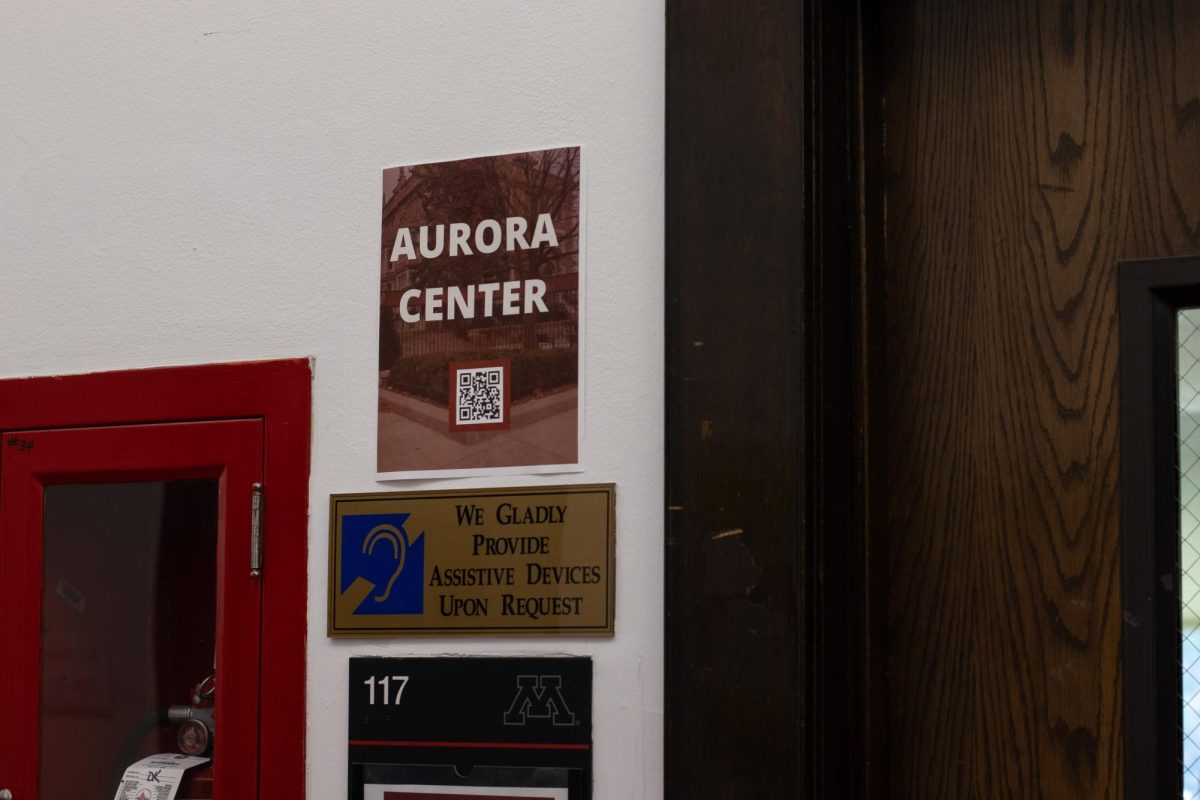Print journalism has long been a respected profession. Picking up a newspaper, we believe we are getting an unbiased, accurate account of a story. We use this material as our basis for arguments and debates. To some degree, it becomes our barometer of the outside world. Newspapers have affected trials, revolutions, elections and even the founding of this nation.
For these reasons, the recent scandals rocking the journalism world are far more meaningful than the corporate or political bombshells that have dominated headlines as of late. It is an epidemic that must be remedied and quickly.
It all started with Stephen Glass of The New Republic, who blatantly fabricated people, places, Web sites and events in order to produce (far too) sensational stories between 1995 and 1998. Glass was a liar in every sense of the word.
Then there was Jayson Blair of The New York Times, who last spring was exposed as an even greater fraud. Blair used fake bylines, lied about his locations, made up quotes and frequently plagiarized other publications in his hard news reports.
And now we come to the last few weeks, and the quiet disintegration of yet another publication’s reputation.
This latest tale involves Jack Kelley, a reporter with USA Today, the nation’s largest publication. Kelley, who was the paper’s star writer and a multiple-time Pulitzer Prize nominee (he was a finalist in 2002), brought home shocking and intimate stories from hot spots around the world. He was sent to cover the Middle East prior to the Persian Gulf War, to Israel to document the rising tensions, to Cuba, Haiti and the embattled Kosovo.
His reports were always memorable, including one highlighting the dangerous sea journey of Cubans desperate to reach U.S. shores, another detailing a West Bank bombing that nearly killed Kelley himself and a report on the Russian mafia, which required Kelley be protected by bodyguards for years afterward.
But his most fantastic submission might have not been true at all. On July 14, 1999, USA Today ran an explosive article titled “U.N.: Records link Serbs to war crimes,” and in it Kelley described a journal he had been shown that asserted the Serb military had intentionally engaged in ethnic cleansing in the Kosovo conflict.
On Jan. 13, USA Today editors published a damning outline of their investigations into Kelley’s reporting, particularly of the 1999 article mentioned above, and of the vast deception Kelley engaged in to cover his tracks. The paper said it had not proven its suspicions but that Kelley had resigned.
The situation grew more extreme three days later when USA Today intensified its probe, saying it would establish an independent panel to extensively review each Kelley report. Apparently, while investigating Kelley’s supposed plagiarism of a 1998 Washington Post article, editors had uncovered additional reasons for concern.
What’s shocking is not that another reporter has apparently misled us. After all, lying is human nature. What is alarming is that a bigger deal is not being made about one of the world’s pre-eminent publications potentially printing lies.
USA Today’s Jan. 13 editor’s note was buried inside the publication, and coverage I’ve seen of the issue by The New York Times has been confined to its national and business sections. Through this story placement, Kelley’s deceit is being dismissed as less important than other news of the day when, in fact, it might be the only news that really matters.
Kelley’s offenses are worse than those of the previous offenders. In his reports, Kelley altered public opinion and perhaps even affected the pressure on Congress in regard to foreign policy. If he did lie, exaggerate or plagiarize, he has profoundly abused the very cornerstone of our freedom – the First Amendment, protected to ensure a free flow of information to the nation’s citizens.
With the downfall of The New York Times and perhaps now USA Today, one must start asking the unthinkable. What publications will be next? Who can I trust? Where can I find the truth?
Steven Snyder is a columnist. He welcomes comments at snyd0151@umn.edu







